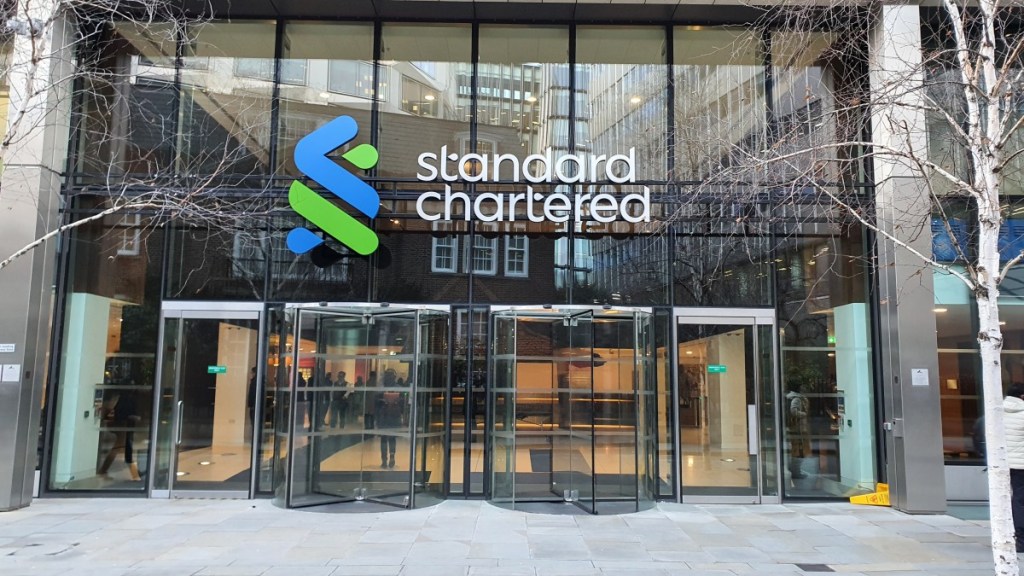Standard Chartered Bank is rewriting its India strategy, with a clear focus on cross-border banking, wealth management and multi-product retail relationships, as it targets double-digit corporate growth and deeper integration into India’s evolving financial ecosystem.
Driving cross-border growth
“Indian corporates have been waiting for right valuations to go offshore. With more sensible pricing now, we are seeing outbound M&A activity pick up,” said PD Singh, CEO, India & South Asia at Standard Chartered Bank, citing the bank’s advisory role in seven landmark M&A deals worth $6 billion in H1FY26, including Titan’s acquisition of Damas Jewellery in the West Asia. The bank is also investing in corridor-native strategies, helping clients move into new geographies with regulatory and banking support. “I have coined the term corridor natives; companies expanding into new markets need deep advisory, and that’s where we step in,” Singh said.
India’s wealth boom is central to Standard Chartered’s global ambitions. Singh confirmed that India will play an important part in the bank’s target of $200 billion in net new money globally by 2029. “We are hiring wealth managers, but it’s not just about headcount, it’s about cultural fit and long-term engagement,” he said. The bank is building priority centres within branches, with seven already live this year, and plans to take the count to 21 by year-end.
On the retail front, Standard Chartered is doubling down on multi-product relationships. “We don’t want single-product customers. The ideal client has a home loan, credit card, savings account, and we bank them personally and professionally,” said Singh.
The bank’s SME strategy is tightly integrated with its private banking arm, with 70% of private clients being business owners. Branch upgrades are underway, but Singh stressed that digitisation is reducing the need for physical expansion. “We have opened large-format branches in Chennai and Kolkata, but 95% of payments and 92% of corporate transactions are already digitised.”
Doubling down on corporate finance
Standard Chartered expects a 10% growth in its rupee corporate loan book in FY26, driven by syndicated facilities, private finance, and project lending. “We have participated in 38–40% of syndicated deals this year. Corporates are demanding blended finance and equity-alternative structures, and we are connecting those dots,” he adds. The bank is active in infrastructure finance, supporting electric vehicle (EV) buses, solar and wind projects, and green mobility. “For a foreign bank to do project finance in India is rare. We are doing it because we believe in the India story,” Singh added.
Rupee invoicing is gaining traction, but slowly. “We have seen some shift in renewable energy imports from China. The time for rupee invoicing is coming, especially in bilateral corridors,” Singh said, predicting the West Asia as a likely growth zone.
Meanwhile, he flagged broader tariff tensions as a factor in cross-border strategy. “We are seeing clients hedge against tariff risk by diversifying supply chains and exploring rupee invoicing,” he said. Standard Chartered’s corridor-native approach supporting clients as they expand into new geographies is gaining traction amid these shifts. “Whether it’s M&A, trade finance, or custody, our role is to help clients navigate complexity. Tariffs and regulatory shifts are part of that equation,” adds Singh. The bank is also preparing to launch dollar clearing in GIFT City on October 7, in partnership with CCIL. “This will localise dollar settlements and reduce dependency on US clearing hours,” Singh confirmed.
On the H1B visa front, Singh was cautious. “It’s too early to assess the impact, but we are watching closely, especially with the HIRE (Halting International Relocation of Employment) Act coming in,” he said, adding that “Our GCC clients are already evaluating operational models, and we are advising them on risk mitigation and corridor diversification.” Standard Chartered banks five to seven new GCCs monthly and operates its own centres in Chennai and Bengaluru with 24,000 employees. “It’s no longer a cost play; it’s a skills play. India has the talent, and that’s where growth will happen,” Singh stated.
Singh linked capex to sustained consumption. “If the consumption spike holds, capex will follow. We are already seeing investment in steel, cement, and allied sectors,” he said. On AI, he noted productivity gains in transaction monitoring and relation manager (RM) support but dismissed fears of job displacement.
With a 170-year legacy in India, Standard Chartered is positioning itself not just as a bank, but as a strategic partner in India’s next phase of growth. “We are building for the next century, not the next quarter,” Singh said.
